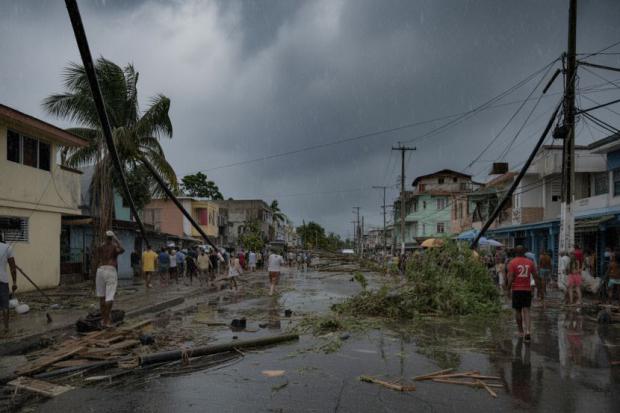
Breaking News
6.8 SPC vs. 300 Blackout: Powering Up the AR Platform
 Autism Study By McCullough Foundation Begins New Era of Free Scientific Inquiry
Autism Study By McCullough Foundation Begins New Era of Free Scientific Inquiry
 REVOLUTION DAY 8: Libertarians JOIN The Revolution
REVOLUTION DAY 8: Libertarians JOIN The Revolution
 US Government and Westinghouse $80bn Nuclear Reactor Deal
US Government and Westinghouse $80bn Nuclear Reactor Deal
Top Tech News
 Graphene Dream Becomes a Reality as Miracle Material Enters Production for Better Chips, Batteries
Graphene Dream Becomes a Reality as Miracle Material Enters Production for Better Chips, Batteries
 Virtual Fencing May Allow Thousands More Cattle to Be Ranched on Land Rather Than in Barns
Virtual Fencing May Allow Thousands More Cattle to Be Ranched on Land Rather Than in Barns
 Prominent Personalities Sign Letter Seeking Ban On 'Development Of Superintelligence'
Prominent Personalities Sign Letter Seeking Ban On 'Development Of Superintelligence'
 Why 'Mirror Life' Is Causing Some Genetic Scientists To Freak Out
Why 'Mirror Life' Is Causing Some Genetic Scientists To Freak Out
 Retina e-paper promises screens 'visually indistinguishable from reality'
Retina e-paper promises screens 'visually indistinguishable from reality'
 Scientists baffled as interstellar visitor appears to reverse thrust before vanishing behind the sun
Scientists baffled as interstellar visitor appears to reverse thrust before vanishing behind the sun
 Future of Satellite of Direct to Cellphone
Future of Satellite of Direct to Cellphone
 Amazon goes nuclear with new modular reactor plant
Amazon goes nuclear with new modular reactor plant
 China Is Making 800-Mile EV Batteries. Here's Why America Can't Have Them
China Is Making 800-Mile EV Batteries. Here's Why America Can't Have Them
Jamaica is a 'disaster zone', airport is flooded, entire towns are underwater...

Jamaica has today been declared a 'disaster area' after Hurricane Melissa wreaked havoc on the island leaving a trail of destruction before the storm slammed into Cuba.
Entire towns have been left underwater and tens of thousands of tourists remain trapped after Melissa, the most powerful storm in the Caribbean's modern history, tore into the nation yesterday.
Jamaican Prime Minister Andrew Holness said the island was a 'disaster area' as he seeks to 'prevent any exploitation at a time when citizens are securing food, water and supplies' in the midst of the tragedy.
Some 15,000 Jamaicans are hunkered down in shelters and as many as 530,000 people are without power, officials said.
After leaving Jamaica, the storm weakened as it barreled its way towards Cuba where it made landfall earlier this morning.
So far, seven deaths have been reported during storm preparations across Jamaica, Haiti and the Dominican Republic. But officials said since the storm made landfall in Jamaica, they have not recorded any new fatalities.
Melissa is one of the strongest hurricanes in recorded history, surpassing the intensity of Katrina. That storm caused an estimated $125bn (£94bn) worth of damage and killed 1,392 people when it struck New Orleans in 2005.

 China Innovates: Transforming Sand into Paper
China Innovates: Transforming Sand into Paper

